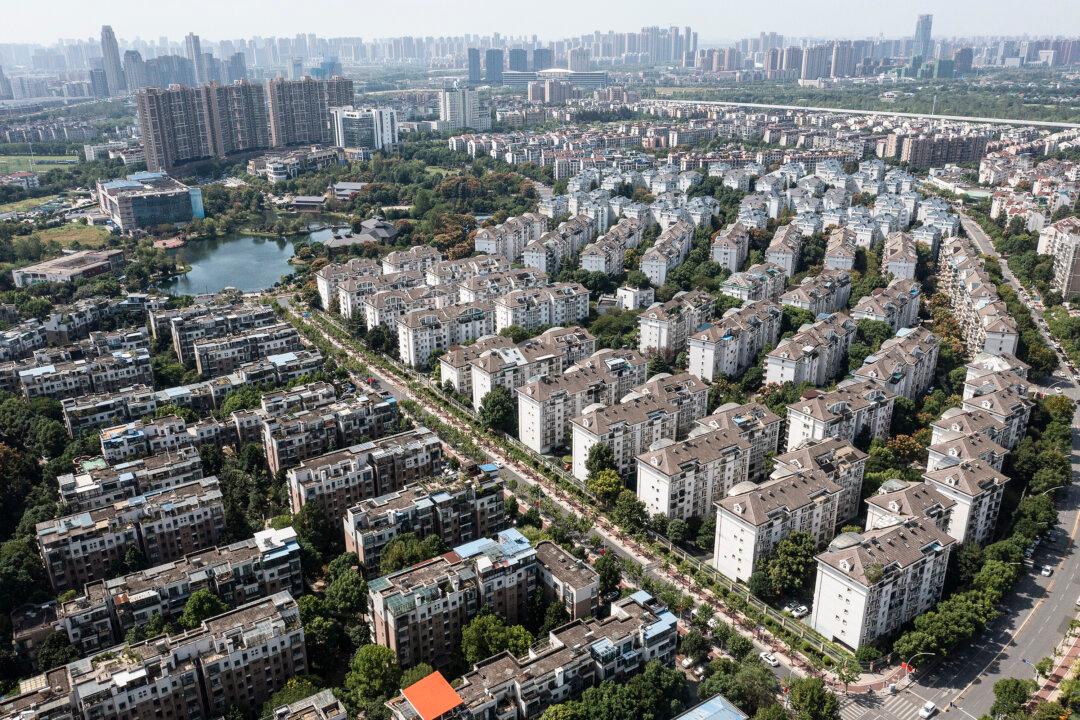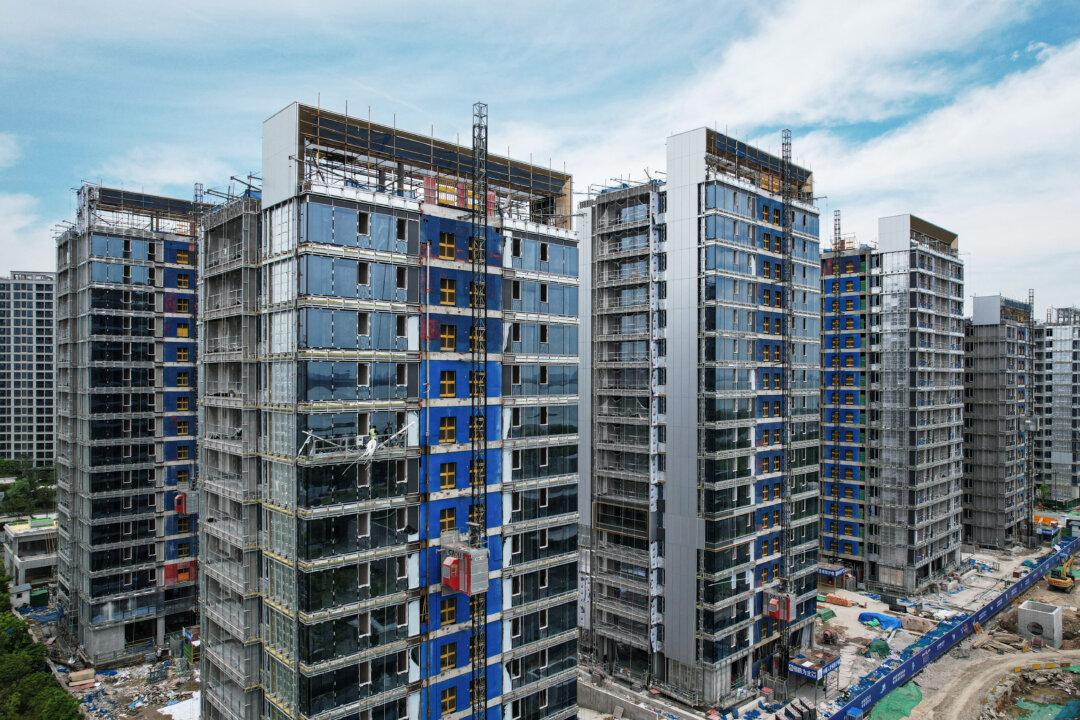Housing starts in China are likely to stay depressed and home prices will drop significantly over the next two years, particularly in larger cities, investment bank Goldman Sachs and Paris-based asset manager Amundi Investment Institute (Amundi) have said in recent reports.
“We estimate that real house prices in China declined 16 percent from the peak in the third quarter of 2021 to the third quarter of 2023,“ Goldman Sachs said in a Feb. 18 client note, which was viewed by The Epoch Times. ”If the U.S. experience is of any guidance, we are only halfway through the downward price adjustment in the current housing downturn.”





